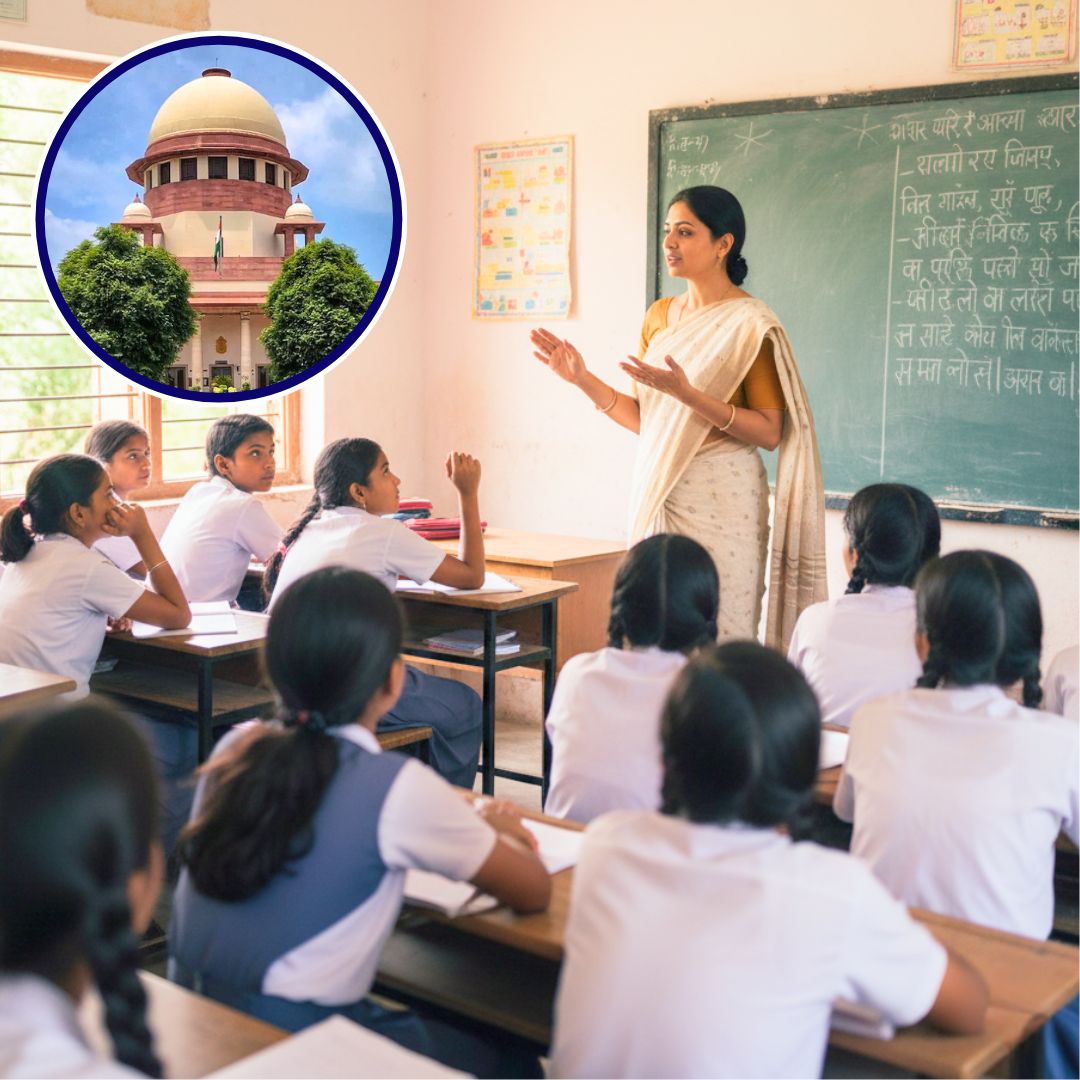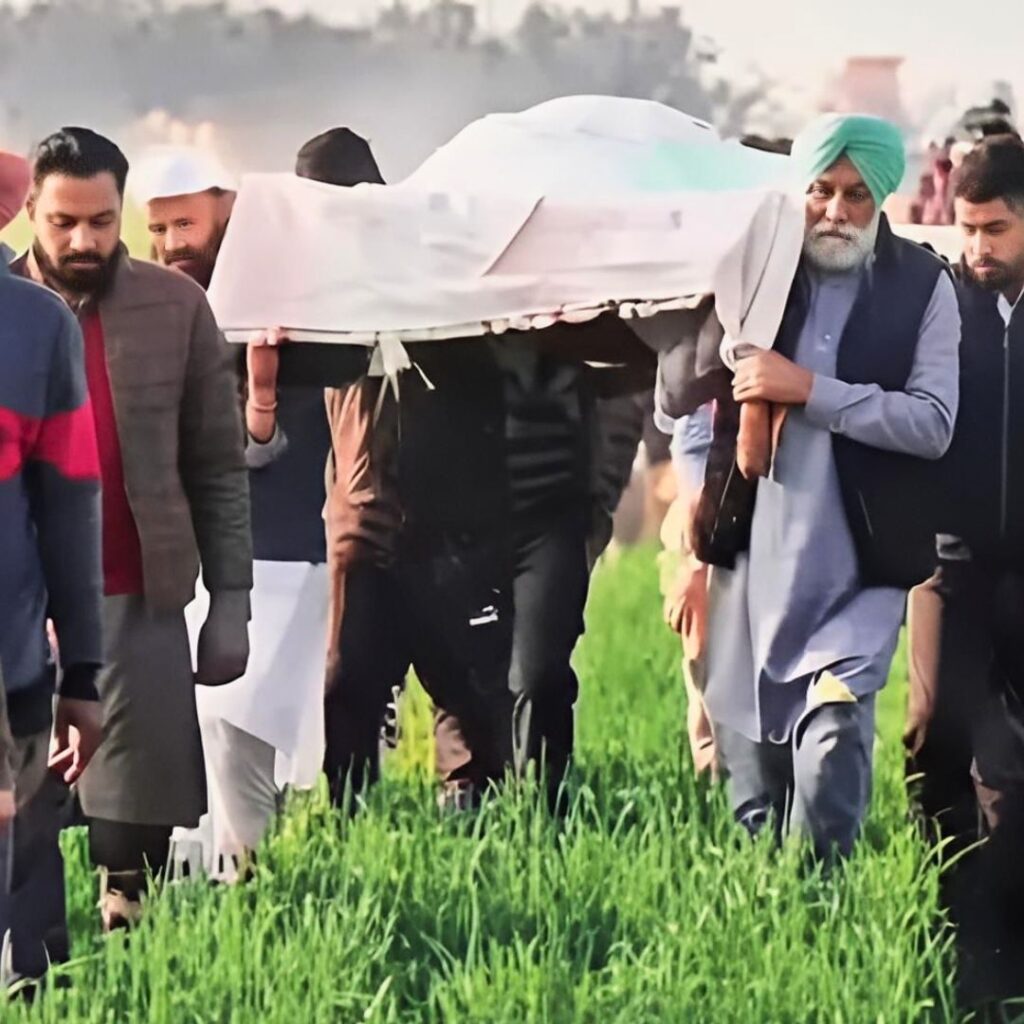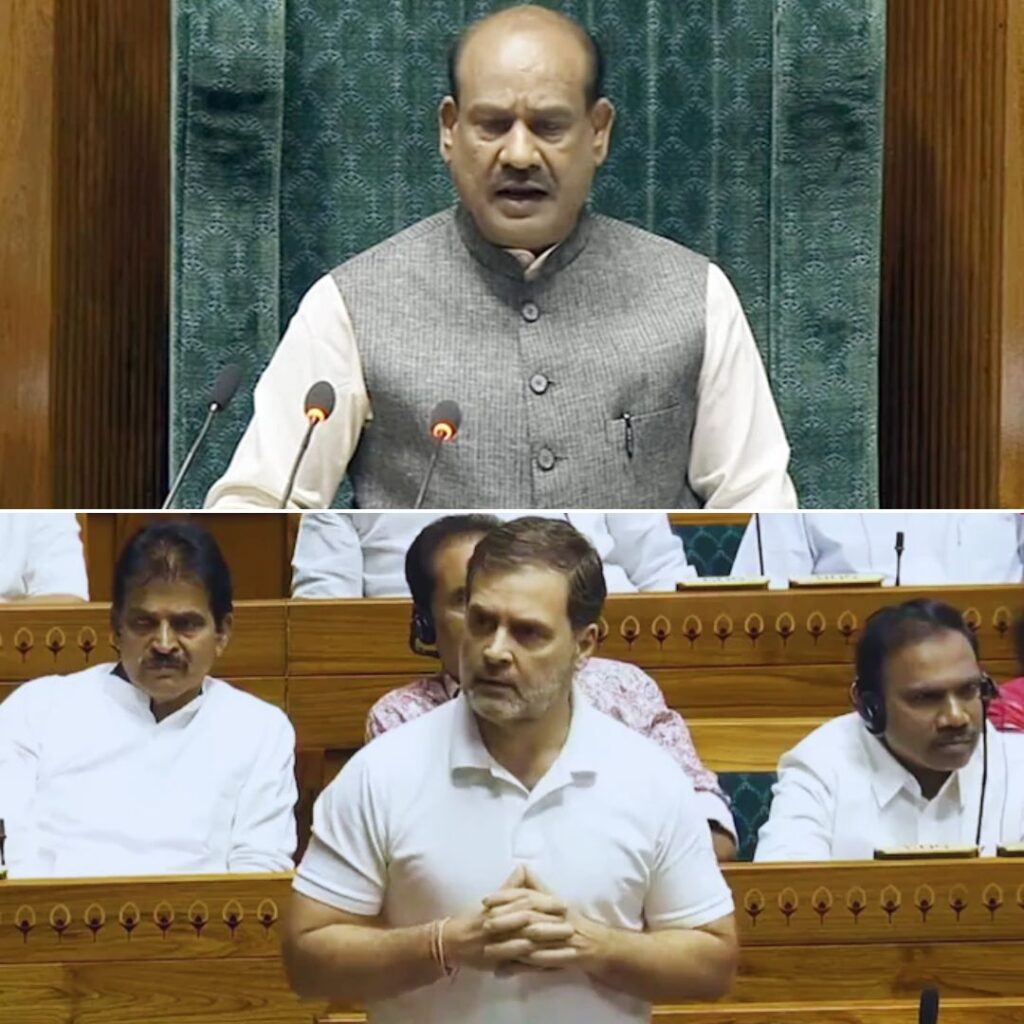On October 8, 2025, the Supreme Court observed that sex education should begin at a younger age rather than waiting until class IX, urging authorities to implement corrective measures.
The observation came while granting bail to a 15-year-old accused under the POCSO Act and IPC, with the court noting that early education on puberty and bodily changes is essential for child safety and informed decision-making.
The Uttar Pradesh government had submitted an affidavit confirming sex education starts from class IX, but the court stressed this is too late, leaving the implementation of revised policies to education authorities.
Supreme Court Advocates for Early Sex Education
A bench of Justices Sanjay Kumar and Alok Aradhe, while hearing the case of Juvenile X vs. State of Uttar Pradesh, stated, “We are of the opinion that sex education should be provided to the children from a younger age and not class IX onwards.”
The court emphasised that children must be informed about the physical, emotional, and social changes of puberty, along with the necessary care and precautions, to foster responsible behaviour and prevent exploitation.
The observation was made during the bail hearing of a 15-year-old boy accused under Section 376 (Rape), Section 506 (Criminal Intimidation) of the IPC, and Section 6 (Aggravated Penetrative Sexual Assault) of the POCSO Act.
Context and Policy Implications
The court had previously directed the Uttar Pradesh government to file an affidavit on how sex education is implemented in higher secondary schools. In response, the state confirmed that the curriculum, aligned with NCERT guidelines, introduces sex education from class IX onwards.
However, the Supreme Court noted that this approach fails to address the needs of children who begin experiencing puberty earlier, often without adequate guidance.
The bench refrained from issuing binding directions, instead urging authorities to “apply their mind” and take corrective policy measures to ensure age-appropriate, scientifically accurate education is delivered well before adolescence.
The Logical Indian’s Perspective
The Supreme Court’s observation is a timely call for a more compassionate and informed approach to child development. In a society where silence around sexuality often breeds confusion, shame, and harm, early sex education can be a powerful tool for empowerment, safety, and dignity.
It is not about encouraging precociousness, but about equipping children with knowledge to navigate their bodies, relationships, and boundaries with confidence.












